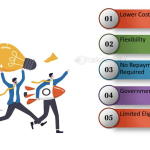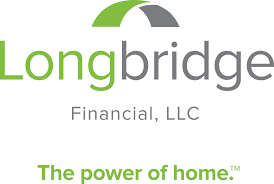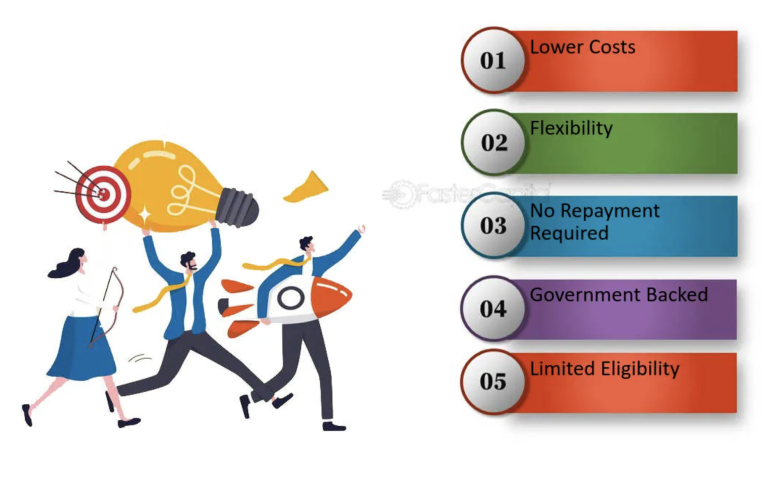Unlocking the Potential of Reverse Mortgages
As we age, the possibility of needing long-term care becomes a significant consideration. For many, financing the cost of assisted living can be a daunting challenge. However, one financial tool that is gaining attention as a potential solution is the reverse mortgage. We spoke with Robert Clark, a Senior Licensed Loan Originator with almost two decades of experience, to shed light on how reverse mortgages can be used to cover long-term care expenses.
Understanding Reverse Mortgages Mr. Clark begins by explaining that a reverse mortgage is essentially a loan based on the assessed value of your home. Typically, Home Equity Conversion Mortgages (HECMs) are available to homeowners aged 62 and older. However, there are proprietary reverse mortgage products available in certain states that may allow homeowners as young as 55 to apply.
The eligibility criteria often revolve around having a substantial equity stake in your home, typically around 50% to 55%. The amount you can access depends on factors like your age and the appraised value of your home. It’s crucial to note that homeowners must continue paying property taxes and insurance on the home, and the loan is repaid upon the borrower’s death or when they move out.
One significant advantage of a reverse mortgage is that it is a non-recourse loan, ensuring that if the loan amount surpasses the home’s value, neither the borrower nor their heirs will be obligated to pay more than the home’s worth.
Can Reverse Mortgages Cover Long-Term Care? When asked whether reverse mortgages can be used to fund long-term care, Mr. Clark affirms that they can indeed provide an additional income stream for this purpose, but there are specific limitations.
One crucial limitation is that the borrower must continue living in the home. If the sole borrower needs to relocate to a care facility for a year or more, it could result in a violation of the loan terms, necessitating loan repayment.
Another critical consideration is the long-term commitment to staying in your current home. Reverse mortgages are most advantageous when aging in place is the plan, and they may not be suitable for those intending to move within the next few years.
However, for expenses related to home health care or covering the costs of a second borrower residing in a nursing home, a reverse mortgage can bridge the financial gap effectively. It offers an alternative to drawing funds from an individual investment account, providing more flexibility in managing long-term care expenses.
Pros and Cons of Reverse Mortgages Robert Clark highlights both the advantages and disadvantages of using a reverse mortgage to finance long-term care.
Advantages:
- Leveraging Home Equity: Your home is often your most substantial asset, making it a logical source to tap into for long-term care costs.
- Appreciating Asset: Home values tend to appreciate over time, offering a source of income that keeps pace with inflation.
- Tax Benefits: Withdrawals from a reverse mortgage line of credit are tax-free, and they do not impact your Social Security or Medicare benefits.
- Growing Line of Credit: Unused lines of credit increase over time, ensuring more funds are available when needed.
Disadvantages:
- Inheritance Impact: A reverse mortgage means leaving less of your home’s value to your heirs, as it can entail passing on a loan instead of a paid-off home.
- Costs: Reverse mortgages can be costly if not researched properly, with expenses typically totaling around 3% to 5% of the home’s appraised value, alongside accruing interest.
As Mr. Clark aptly puts it, reverse mortgages can be a valuable solution, but careful consideration of their implications is essential. While they can help finance long-term care and provide significant advantages, including tax benefits and a growing line of credit, it’s vital to be aware of the potential impact on your heirs and the associated costs.
In conclusion, reverse mortgages represent a versatile financial tool that, when used strategically, can assist in addressing the financial challenges of long-term care. Robert Clark’s insights offer a valuable perspective for those considering this option, emphasizing the importance of informed decision-making.
This insightful interview was brought to you by Reverse Mortgage Tribune.























+ There are no comments
Add yours